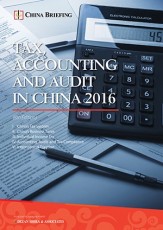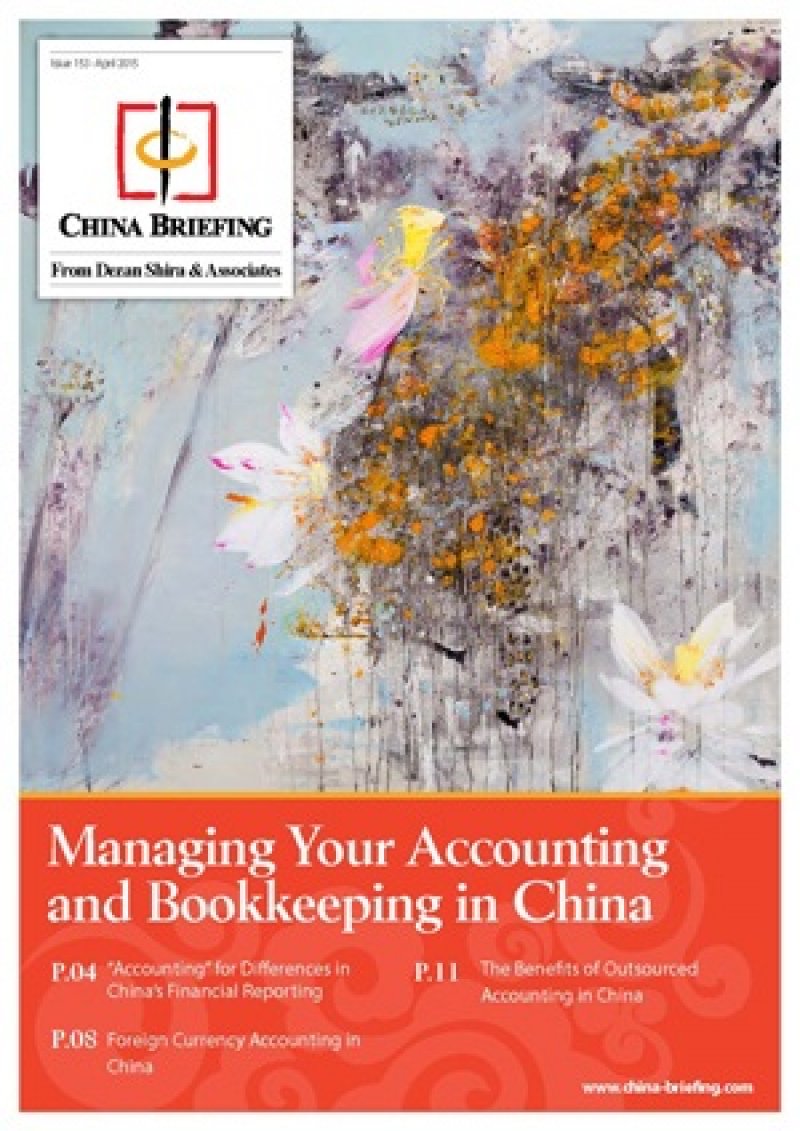China Dismantles Controls of Yuan Conversion on Capital Account, Impacting Foreign Institutions
By Dezan Shira & Associates
Editor: Mia Yiqiao Jing
After one year of China’s RMB conversion pilot program in its four Free Trade Zones, the government is ambitiously introducing the policy nationwide to all non-financial institutions, both domestic and foreign, to help internationalize the RMB, secure its evaluation, and stabilize foreign exchange rates. The new policy simplifies RMB conversion procedures and gives foreign institutions leeway to manage external debt or income on capital account.
Liberalization on Capital Account
Released by the State Administration of Foreign Exchange (SAFE) on June 15, 2016, the new policy allows mainland-based non-financial institutions to convert up to 100 percent of foreign currency proceeds in capital account, such as foreign direct investment and foreign debt, to RMB at their own discretion. The conversion ratio, however, is subject to future change by SAFE, depending on the movement of international balance of payment.
The policy will co-exist with the old withdrawal system that permits institutions to convert only when in need of payment, but won’t allow institutions to process payment transactions of RMB obtained using the old system. Under the new policy, the converted RMB on capital account will be directly deposited into a separate account – a capital account – foreign exchange pre-withdraw – without the need to provide proof documents indicating the purpose or use of conversion. SAFE clarifies that the converted RMB in capital account will not be reversed back to the original account, nor can it be used for purposes including expenditures beyond institutions’ business scope, investment in securities or wealth management products other than those issued by a bank, entrusted loans made to non-related enterprises, or expenses on construction and real estate that are not for institutions’ own use.
Even though Chinese policymakers eliminated the time restriction on RMB conversions and abridged the associated negative list, the new policy doesn’t abolish controls on capital account; rather, it shifts emphasis from conversion to payment transactions. According to SAFE, institutions must provide sufficient proof documents supporting claimed purposes within 20 business days of making a payment using the capital pre-withdraw account. In addition, banks maintain the right to refuse requests where institutions intend to convert 100 percent of their foreign currency or withdraw the entire amount of converted RMB on capital account at one time, if no substantial documents are available.
 RELATED: Tax and Compliance Services from Dezan Shira & Associates
RELATED: Tax and Compliance Services from Dezan Shira & Associates
Based on our discussions with banking professionals, institutions with a small capital base may find the new conversion policy costly since openings of temporary controlling accounts will be required for payment transactions under distinguished purposes. For a complete walkthrough of the voluntary RMB conversion policy, please consult one of our finance specialists at dezshira.com.
Effects on Foreign Institutions and China’s Future Investment Climate
The simplified currency conversion system shortens processing time and reduces complexity by removing the requirement of lengthy paperwork, giving foreign institutions more flexibility to manage RMB holdings. With such flexibility, foreign institutions are able to move RMB in and out of China for capital account transactions, such as issuing and trading RMB-dominated bonds in the domestic market, more easily. By storing converted RMB in pre-withdraw accounts in advance, foreign institutions avoid the risk of foreign exchange rate fluctuations, benefit when the exchange rate gets cheaper, and are able to decide when and how to use RMB holdings more freely.
This newly released policy is a win-win solution for foreign institutions and China’s economy; it not only helps relieve pressure from sudden buying and selling of hot money in China’s financial market, but also increases offshore bond issuance for domestic companies and gives more incentives for cross-border capital flow. Following the RMB’s inclusion in the Special Drawing Rights basket by the International Money Fund (IMF) starting October 1, 2016 – which will take up 10.92 percent of the reserve space – China will continue removing barriers for outbound capital movement, raising the accessibility of foreign investment and making the RMB fully integrated into the global financial market alongside USD and the euro.
|
Asia Briefing Ltd. is a subsidiary of Dezan Shira & Associates. Dezan Shira is a specialist foreign direct investment practice, providing corporate establishment, business advisory, tax advisory and compliance, accounting, payroll, due diligence and financial review services to multinationals investing in China, Hong Kong, India, Vietnam, Singapore and the rest of ASEAN. For further information, please email china@dezshira.com or visit www.dezshira.com. Stay up to date with the latest business and investment trends in Asia by subscribing to our complimentary update service featuring news, commentary and regulatory insight. |

 Tax, Accounting, and Audit in China 2016
Tax, Accounting, and Audit in China 2016
This edition of Tax, Accounting, and Audit in China, updated for 2016, offers a comprehensive overview of the major taxes that foreign investors are likely to encounter when establishing or operating a business in China, as well as other tax-relevant obligations. This concise, detailed, yet pragmatic guide is ideal for CFOs, compliance officers and heads of accounting who must navigate the complex tax and accounting landscape in China in order to effectively manage and strategically plan their China-based operations.
 Annual Audit and Compliance in China 2016
Annual Audit and Compliance in China 2016
In this issue of China Briefing, we provide a comprehensive analysis of the various annual compliance procedures that foreign invested enterprises in China will have to follow, including wholly-foreign owned enterprises, joint ventures, foreign-invested commercial enterprises, and representative offices. We include a step-by-step guide to these procedures, list out the annual compliance timeline, detail the latest changes to China’s standards, and finally explain why China’s audit should be started as early as possible.
 Managing Your Accounting and Bookkeeping in China
Managing Your Accounting and Bookkeeping in China
In this issue of China Briefing, we discuss the difference between the International Financial Reporting Standards, and the accounting standards mandated by China’s Ministry of Finance. We also pay special attention to the role of foreign currency in accounting, both in remitting funds, and conversion. In an interview with Jenny Liao, Dezan Shira & Associates’ Senior Manager of Corporate Accounting Services in Shanghai, we outline some of the pros and cons of outsourcing one’s accounting function.
- Previous Article China’s Work-related Injury Insurance Scheme – Empowering Employees and Employers Alike
- Next Article Strength in Numbers: Opportunities in China’s Sharing Economy



























